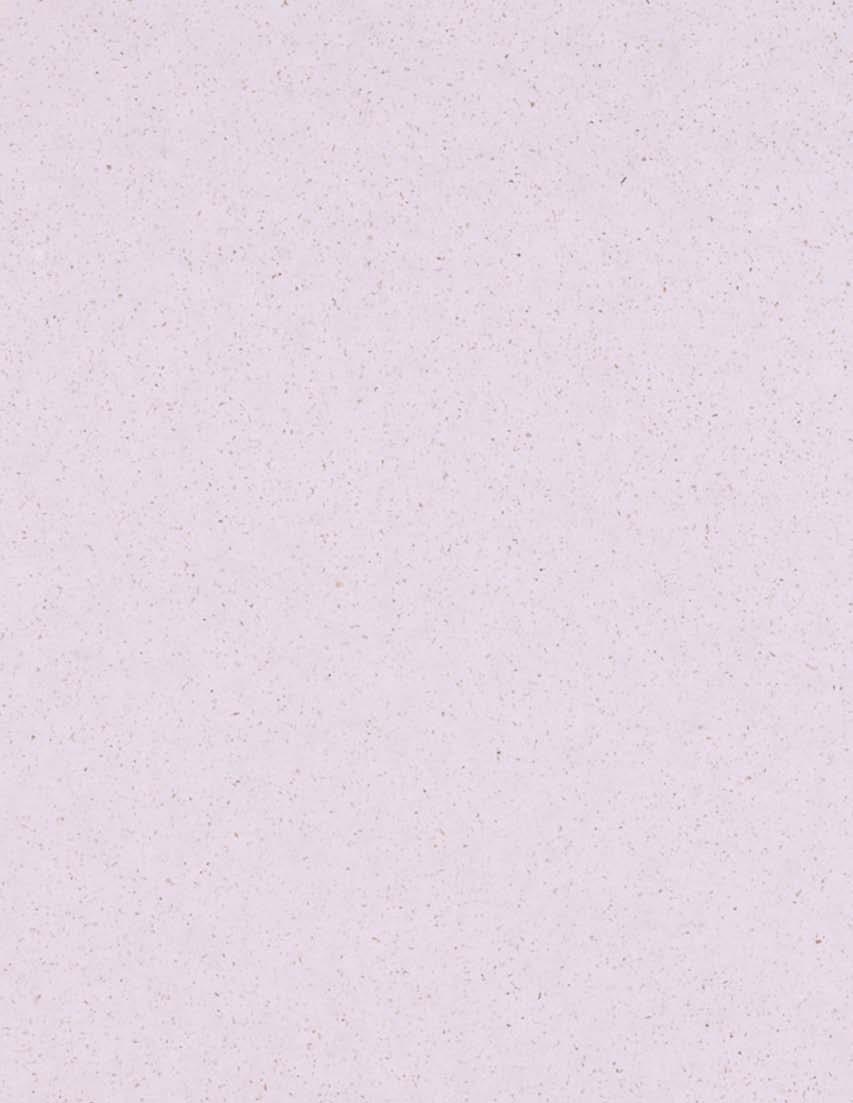
4 minute read
Jonas Salk
Pikuah Nefesh Hero: Jonas Salk
Pol io
Advertisement
Polio is a disease caused by a virus. Sometimes it does not cause serious illness, but sometimes it causes paralysis. It kills people who get it, usually by paralyzing the muscles that help him or her breathe. Polio used to be common in the United States. At the height of the polio epidemic in 1952, nearly 60,000 cases with more than 3,000 deaths were reported in the United States alone. Very few can say that they cured a disease that killed people. But Jonas Salk could. That is real pikuah nefesh.
Early Years
Jonas Salk was born October 28, 1914 to Orthodox Jewish parents in the Bronx. He was the oldest of three sons and was the most observant. “My brothers called me the little rabbi,” he said. He went to Hebrew school from the age of eight. As a child he was thin and small and did not do well at sports. He was, however, an excellent student. His mother used to tell him he would make a difference by doing something significant. Salk graduated from Townsend Harris High School, a school for exceptional students. He entered the College of the City of New York to study law, but he changed his mind and decided to go into medicine. In 1934 he enrolled in the College of Medicine of New York University, from which he graduated in 1939. Salk worked at New York’s Mount Sinai Hospital from 1940 until 1942, when he went to the University of Michigan. There he helped develop an influenza (flu) vaccine. Salk had an idea. He was going to develop a polio vaccine using dead bits of the viruses. That challenged medical practice, which held that only vaccines made of living viruses could produce effective, lasting immunity. To proceed with his work he had to hold onto a belief that was in the minority. He believed that this was something Jews had been doing for hundreds of years.

Pol io Vacc ine
In 1949 it was learned that there were three distinct types of polio viruses. This discovery provided a starting point for Salk. He prepared a dead virus vaccine effective against all three types. In 1955 the vaccine was determined to be safe for general use. The Salk vaccine is a series of three or four injections. When someone had the vaccine, that person was saved from polio. The Salk vaccine saved many lives and kept many people from paralysis. New York City wanted to honor Salk with a ticker-tape parade. He said, “No, thank you.”
Lat er
In 1963 Salk opened the Salk Institute for Biological Studies in San Diego, California. There he and his colleagues studied problems related to the body’s autoimmune reaction (the method by which the body rejects foreign material). Jonas Salk died on June 23, 1995, in Los Angeles at the age of eighty. When he died both he and his Salk Institute were working toward a cure for AIDS (an autoimmune disease). The work Jonas Salk did to end polio is real pikuah nefesh.
Pikuah Nefesh: Study Texts
Here are a series of texts that teach us about the Jewish understanding of being a life-saver.
Do not stand on
(Leviticus 19:16) your neighbor’s blood, I am the Eternal.
Where do we know that if a person sees another drowning, mauled by beasts or attacked by robbers, that person is bound to save the other? From Leviticus 19:16, “ Do not stand on your neighbor’s blood.” (Talmud, Sanhedrin 73a)
Whoever is able to save another and does not save him breaks the mitzvah “ Do not stand on your neighbor’s blood, I am the Eternal.” Similarly, if one sees another drowning in the sea or being attacked by bandits or being attacked by a wild animal and is able to rescue him…and does not rescue him… [he] breaks the injunction “ Do not stand on your neighbor’s blood, I am the Eternal.”
(Mishneh Torah, Hilkhot Rotzeah, 1:14)
The Torah gave permission to the physician to heal. More importantly, this is a mitzvah, and it is included in the category of saving life; and if a doctor withholds services, it is considered an act of shedding blood.

(Shulhan Arukh, Yoreh Deah 336)
1.
2. What is the meaning of
“ Do not stand on your neighbor’s blood”?
What does this verse mean for physicians? 3. What does it mean for you?
Being Prepared
If every Jew has an obligation to save life what are some of the things you should be prepared to do? What are some of the things you should do right now?










